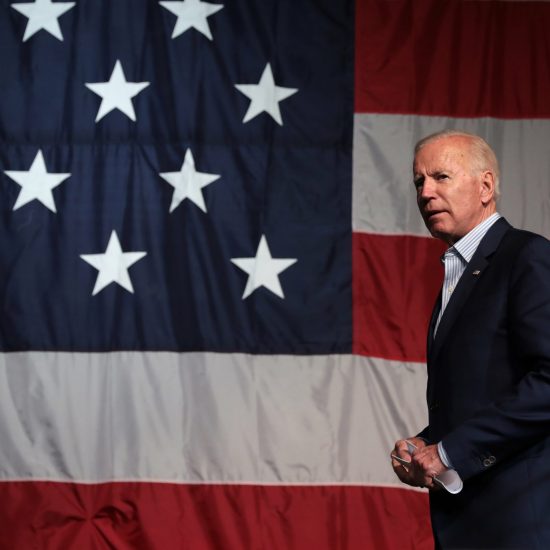
Proponents of the drugs say switching to the new formulations could save taxpayers money if addictions decline, though there is little evidence now that they reduce rates of either addiction or overdoses.
The prescription painkiller epidemic costs the U.S. economy $78.5 billion annually, according to a Centers for Disease Control and Prevention report this year.
“We have an enormous prescription-drug abuse problem in Illinois that’s costing a lot of money,” said Jonathan Pearl, chief of staff for Democratic Illinois Rep. Kelly Cassidy, who signed on to the industry-backed legislation requiring coverage of the new drugs. “This isn’t the only way to address it. It’s not a silver bullet, but it’s something.”
Still, industry critics worry that the focus on revamped painkillers is funnelling resources away from other measures needed to tame the nation’s drug epidemic. The drugs typically make it harder for users to crush them to snort or inject, but still can be abused.
“I’m frustrated that people would be burning a lot of public energy and resources on issues that are not key to stopping the epidemic,” said Dr. Gary Franklin, a University of Washington research professor who also is a vice president with Physicians for Responsible Opioid Prescribing, a group that advocates for reduced opioid prescribing.
Sweeping federal legislation passed this summer was designed to expand medication-based addiction treatment and overdose-reversal drugs through grants to state and local health providers. But lawmakers also included language long favored by drugmakers that exempts the companies from paying higher rebates worth $75 million over 10 years for reformulated opioids to Medicaid, the state-federal health plan for low-income Americans.
Industry advocates argued for months that reformulated opioids should not face the higher rebates, which they said discourage investment in abuse-deterrent technology — a stance the Obama administration eventually endorsed in its budget proposal.
Companies that make abuse-deterrent drugs, including Purdue Pharma, Pfizer and Endo, spent more than $1.7 million on lobbying efforts that included the opioid bill as it made its way through Congress.
Purdue spokesman Robert Josephson said his company supports public policies addressing the opioid epidemic, “including through appropriate and affordable patient access to opioid pain medicines with abuse-deterrent properties.”
Pfizer spokeswoman Sharon Castillo gave similar reasons for her company’s support of the measure. An Endo spokeswoman declined to comment on the legislation.




